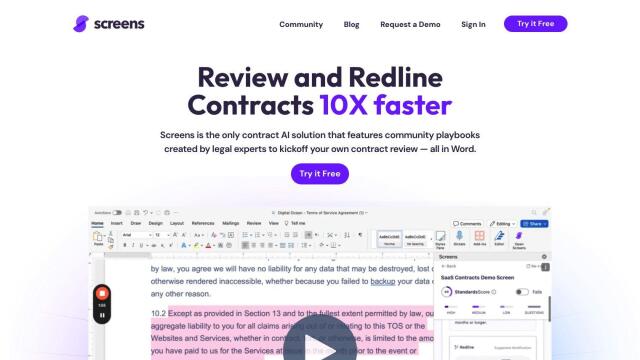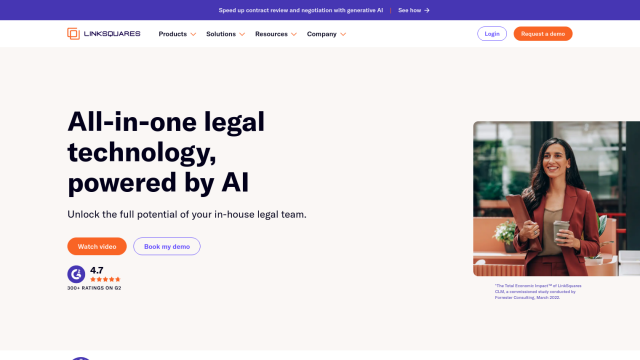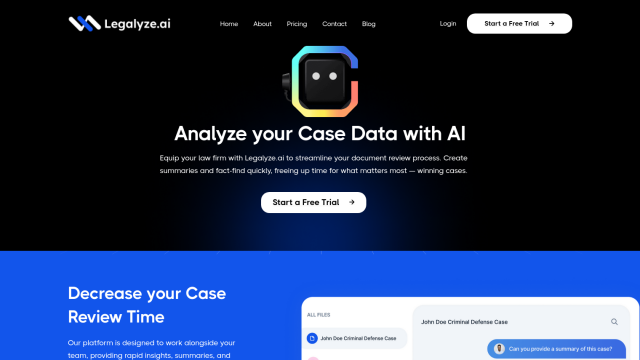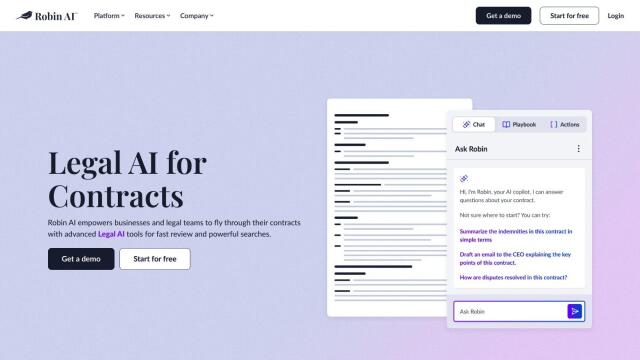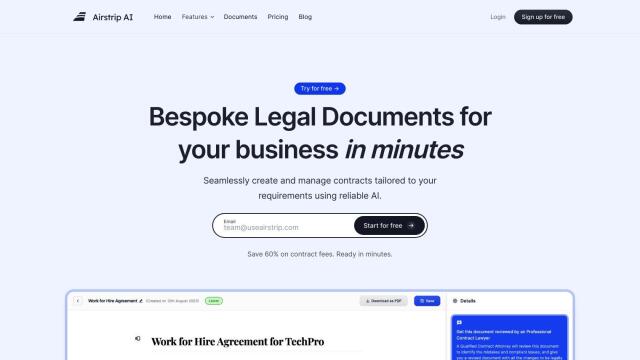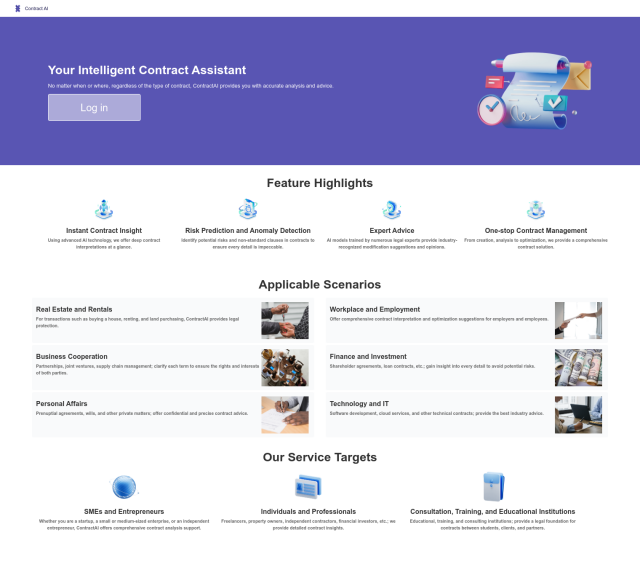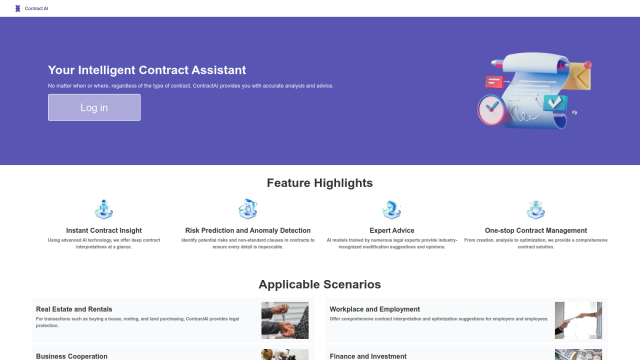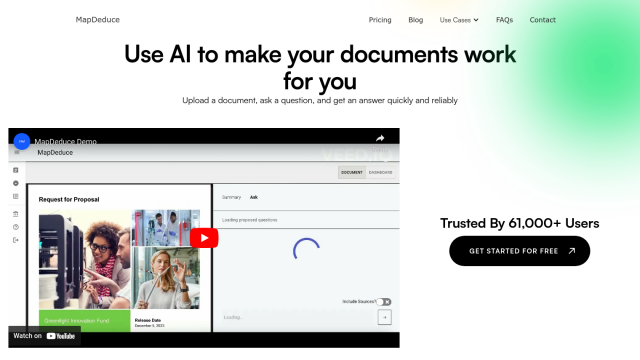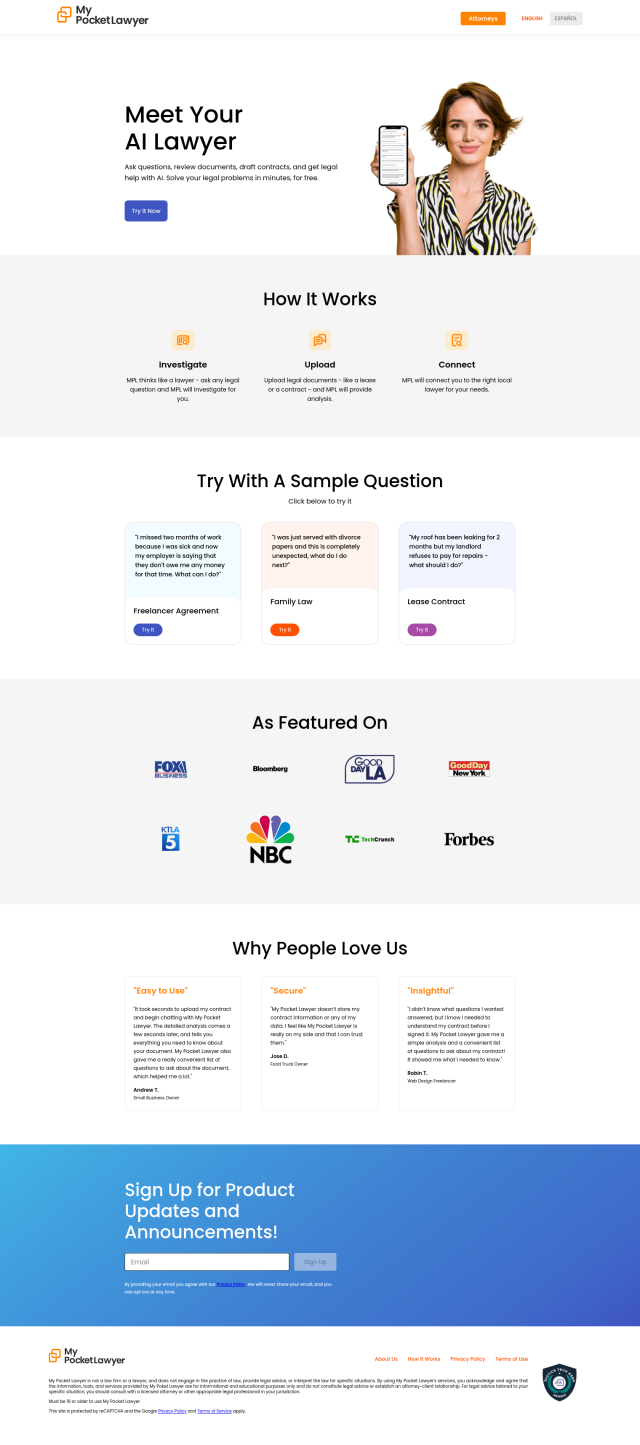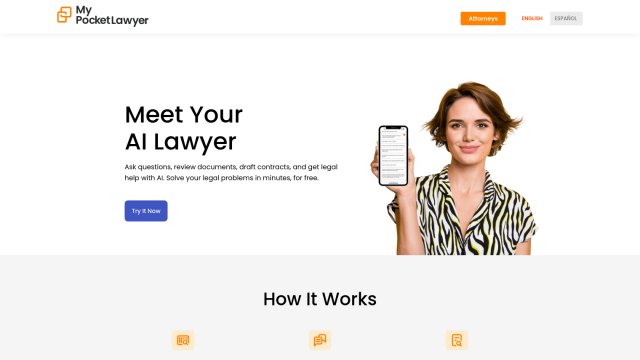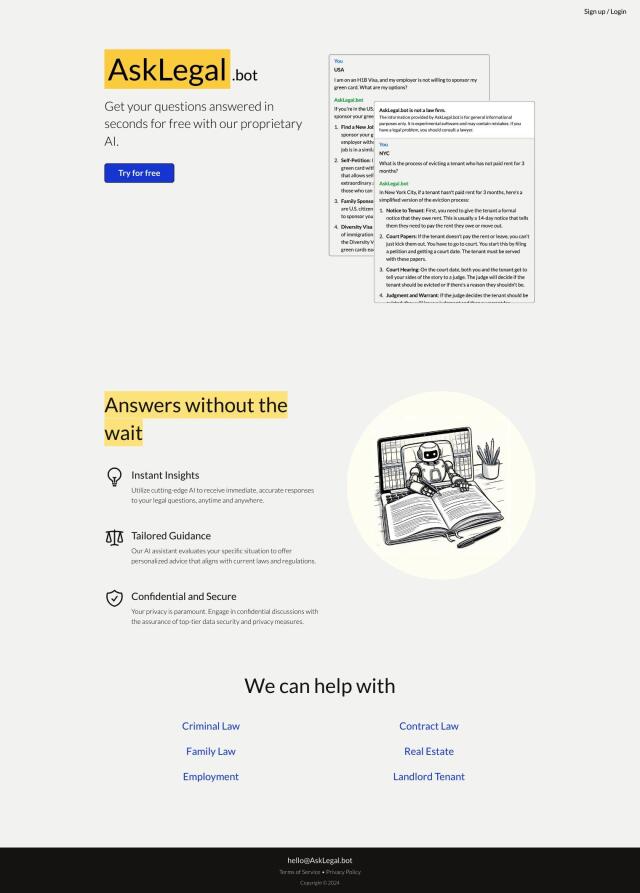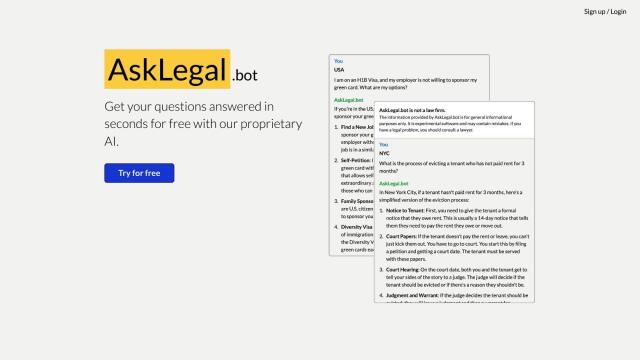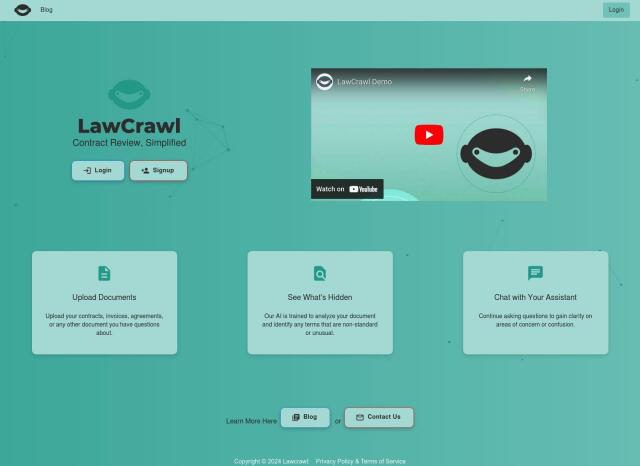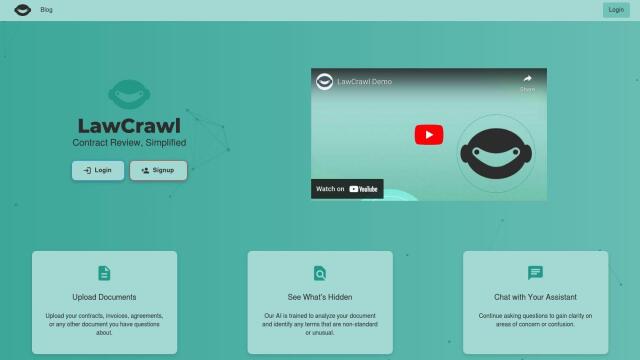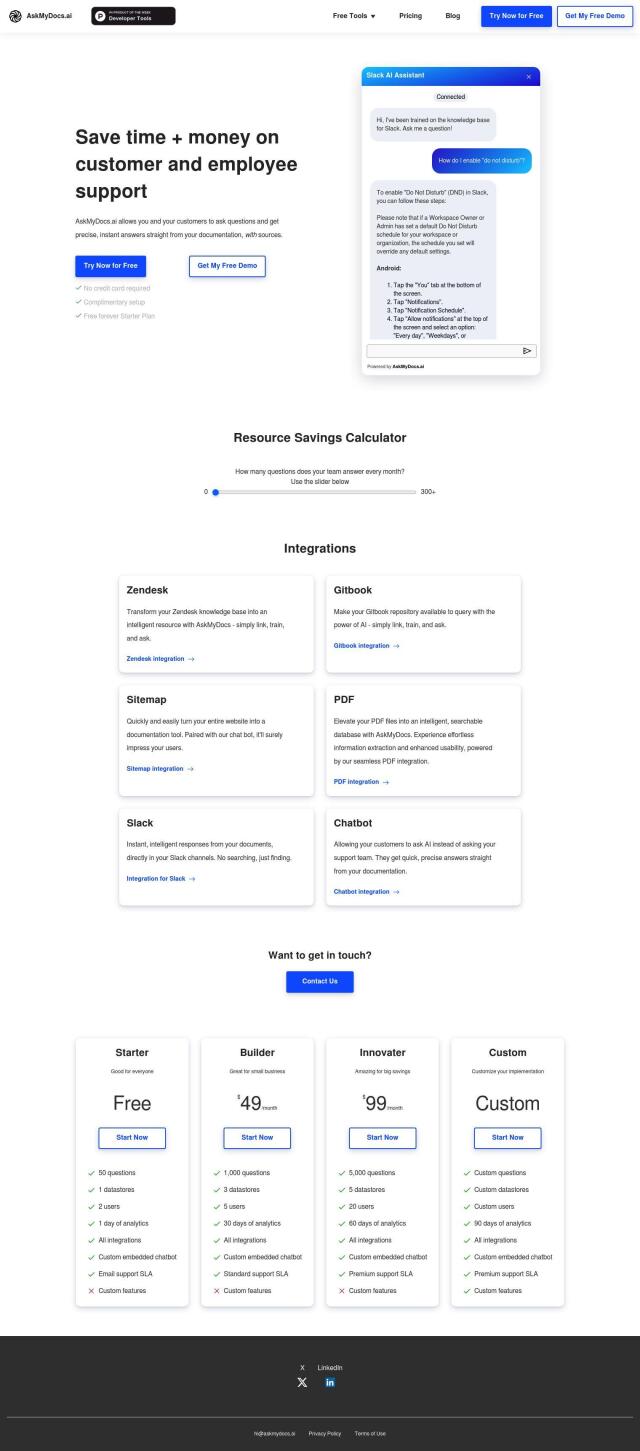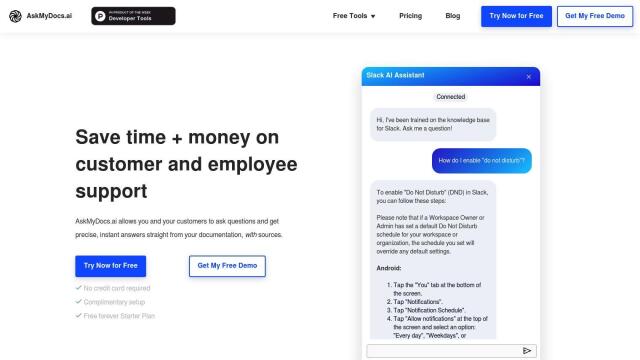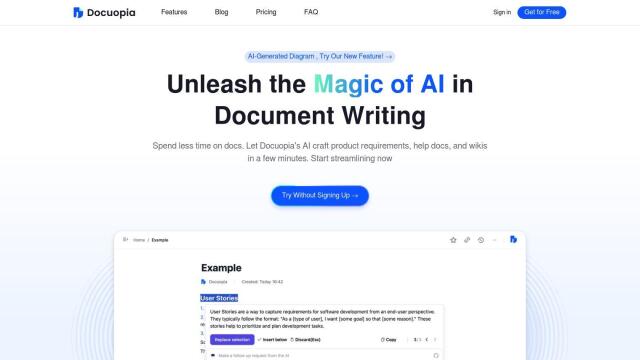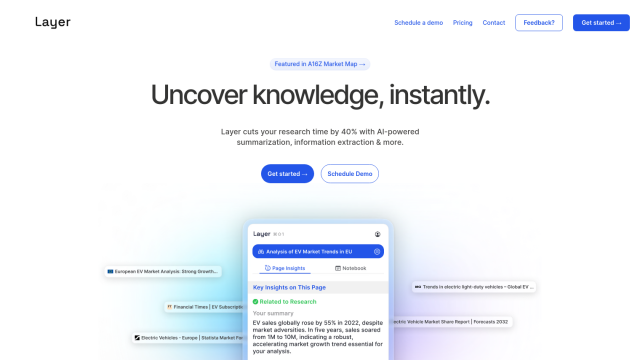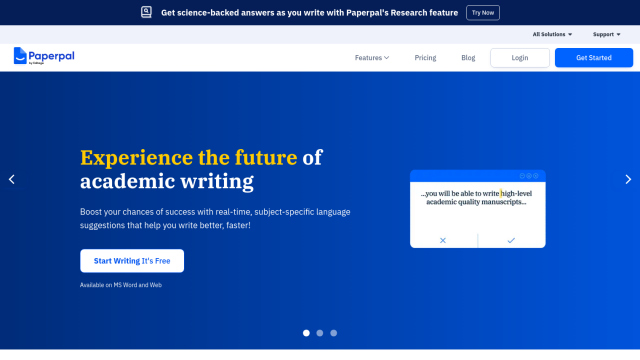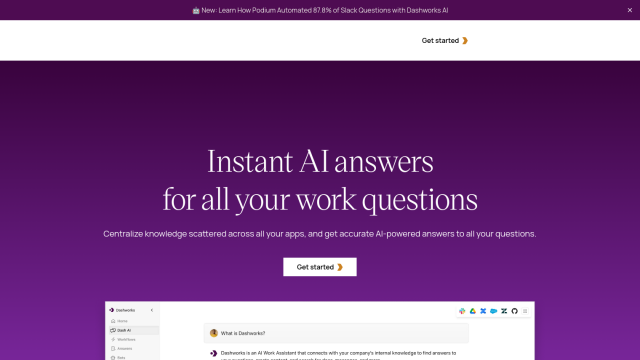Question: Can you recommend a tool that helps lawyers draft high-quality patents more efficiently?

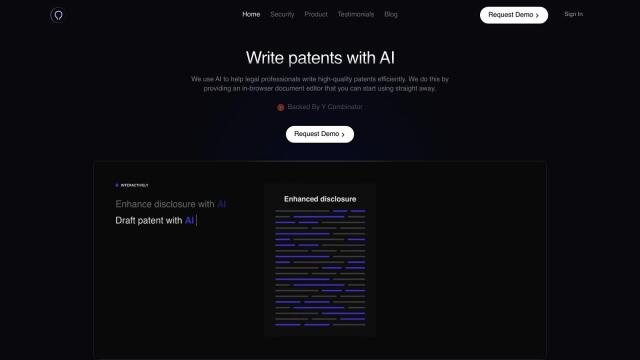
Solve Intelligence
If you need a tool to help lawyers write better patents faster, Solve Intelligence is a strong contender. This AI drafting tool has an in-browser editor and a user interface that lets you dial up or down the amount of AI help you want. It's used by IP firms around the world to improve patent quality while cutting drafting time and expense, with reported productivity boosts of 60-90%. It's updated frequently based on user input, so it's a good option for patent attorneys and law firms that want to modernize their drafting without worrying about sacrificing quality.

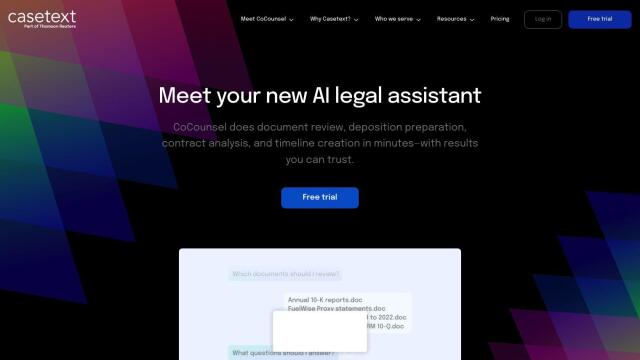
CoCounsel
Another contender is CoCounsel, an AI legal assistant that handles lots of legal work like reviewing documents and preparing depositions. CoCounsel uses large language model technology like GPT-4 to generate results that are accurate and protected from data breaches. It's good for transactional work and litigation, and it can free lawyers to focus on higher-level and more creative work by taking over some of the grunt work of processing data.

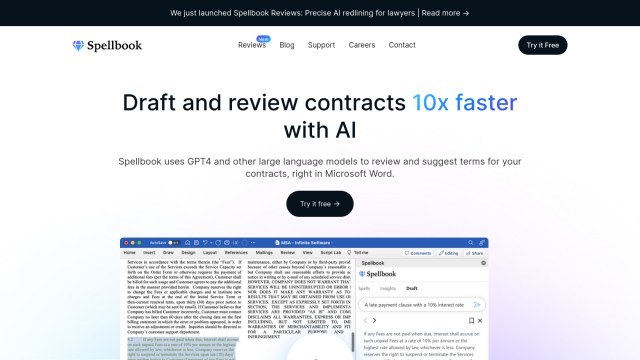
Spellbook
If you need a tool that works within Microsoft Word, Spellbook offers AI-powered contract drafting and review abilities. It can suggest language, identify terms and conduct legal research, and transactional lawyers can use it to automate some of the more mundane work and focus on the more important work. With its training data drawn from a wide variety of sources and the GPT-4 technology, Spellbook can offer informed and authoritative suggestions. That's useful for lawyers who don't have time to think through every little point.


SpeedLegal
Last, SpeedLegal is an AI contract review platform that offers personalized recommendations, risk assessments and answers to contract questions. It includes features like a Red Flag Analyzer, Automated Contract Summary and Customizable Contract Standards. It can dramatically accelerate contract review, so lawyers can get to the negotiating table faster and ensure they're complying with regulations.

